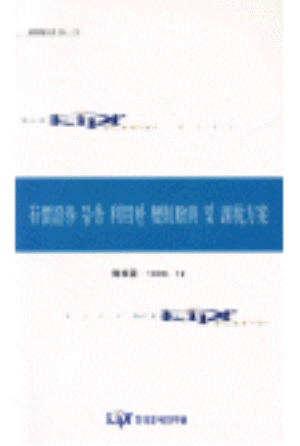한국조세재정연구원 - OAK리포지터리
Korea Institute of Public Finance
Open Access Repository
Korea Institute of Public Finance
Open Access Repository

유가증권 등을 이용한 변칙증여 및 과세방안
Items in DSpace are protected by copyright, with all rights reserved, unless otherwise indicated.